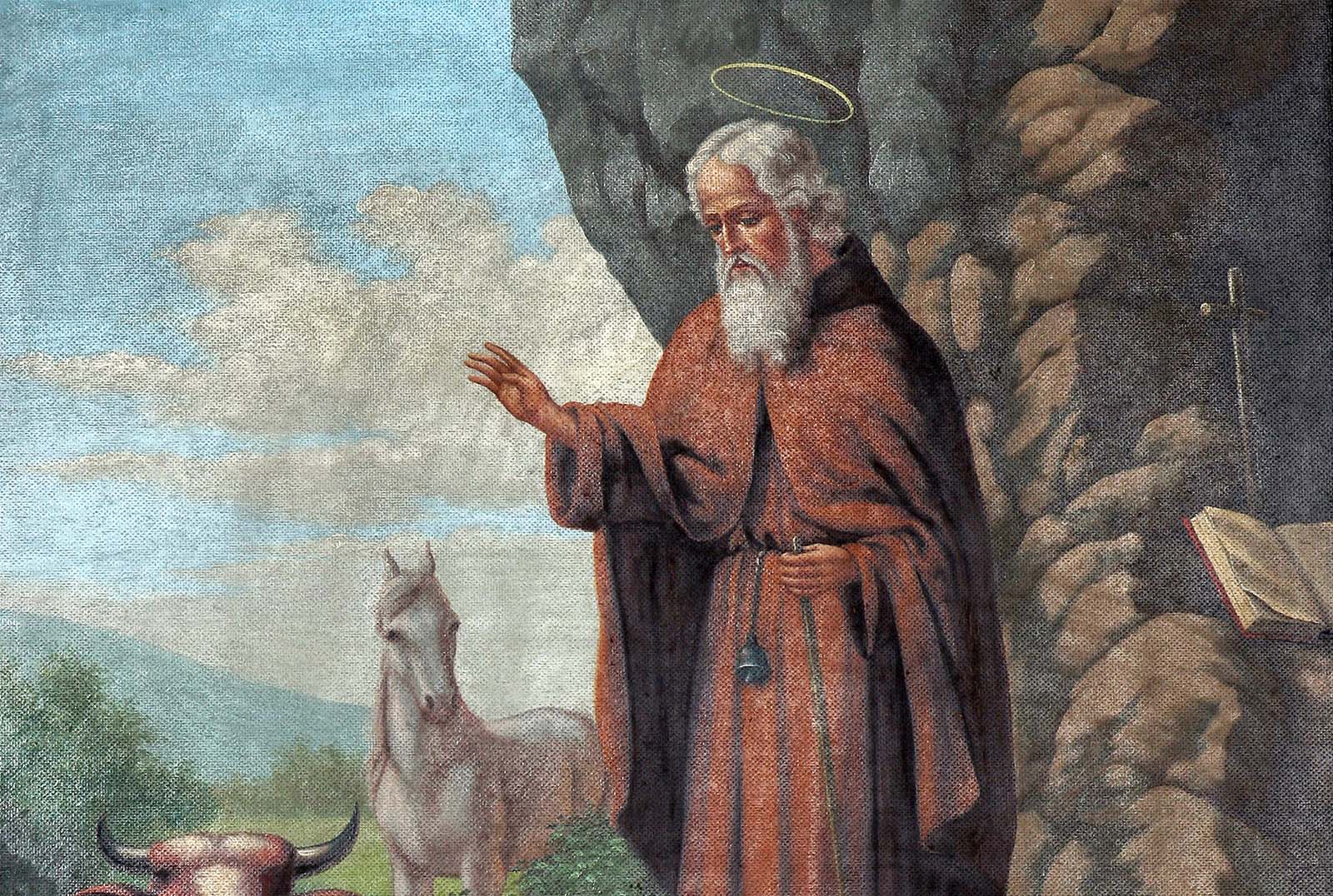Blessed are those who hunger and thirst for righteousness, for they shall be satisfied (Matthew 5:6). In Sacred Scripture justice or righteousness are essentially religious notions, like the biblical notion of holiness. As God says: the “righteous shall live by faith” (Hebrews 10:38, quoting Habakkuk 2:4), and “without faith it is impossible to please” God (Hebrews 11:6).
To hunger and thirst for justice is to desire holiness above food, drink, even above life itself. We should hunger for holiness as the most basic need we have for eternal survival—life with God in heaven (see Pope Francis, Gaudete et exsultate 77). This Beatitude then is fulfilled in the First and Third Commandments: “I am the LORD your God…You shall have no other gods before me” and “Keep holy the Lord’s day.” They shall be satisfied by the beatific vision of God in heaven, as they put God before all else in life.
To make us holy, God bestows upon the soul the supernatural virtues of faith, hope, and charity at Baptism, yet he requires us to cooperate by exercising them.
Through faith we consciously affirm the truths of the Faith, such as in the Creed, assenting to the truth not because it makes sense intellectually but because we trust our all-wise, all-powerful, all-loving Father, who reveals it to us. Faith also trusts God’s loving plan for our lives—Providence—without needing to control or understand everything. We sin only by freely choosing to doubt, question, or challenge his Word, leading to disbelief, heresy (denying some truth of the Catholic Faith), apostasy (repudiating the Faith totally) or schism (rejecting the Pope’s authority) (see CCC 2088-89). Exposing oneself or one’s children to anti-Christian education, media, movies, etc., can endanger the faith and so offend God.
By hope we see God as our ultimate happiness, despite life’s hardships and obstacles. Despair deems our sin greater than God’s mercy, making salvation impossible, whereas presumption deems our goodness sufficient, not needing any repentance or conversion for salvation (see CCC 2091-92).
By charity we love and please God above everything and our neighbor out of love for him. Sins against charity include indifference—it doesn’t matter whom we love and worship; ingratitude to God’s free gift of mercy; lukewarmness (acedia), spiritual neglect or laziness for the things of God; hatred of God and his goodness or even cursing God (see CCC 2094).
By religion we show God respect, honor, and piety as the creator of our being and as ruler of the universe who provides for our needs by directing all things to their true end. Thus his creatures adore God in his supremacy (see CCC 2096-7), putting our whole heart and being into worshipping, especially at Mass, not just showing up. The virtue of religion also includes spending time with God in prayer (see CCC 2098)—in praise, thanksgiving, reparation, and petition—and sacrifices (see CCC 2099-2100)—surrendering something precious to us (our comfort, pleasure, material possession, even our lives) for the love of him.
The sacrifice of Abel—the first and best fruit of his labor—pleased God, not the reluctant sacrifice of Cain (see Genesis 4:1-7). As Christ warns us: “unless your righteousness exceeds that of the scribes and Pharisees, you will never enter the kingdom of heaven” (Matthew 5:20). We owe God our whole heart, mind, strength, and soul, not just fulfilling the letter of the law. Jesus goes on to say: “Beware of practicing your piety before men in order to be seen by them; for then you will have no reward from your Father who is in heaven” (Matthew 6:1). So when we give alms, pray, fast, or make sacrifices… we should do so with hunger and thirst for righteousness, not reluctantly or with self-pity but to please God alone who sees our heart (see Matthew 6:2-18).


